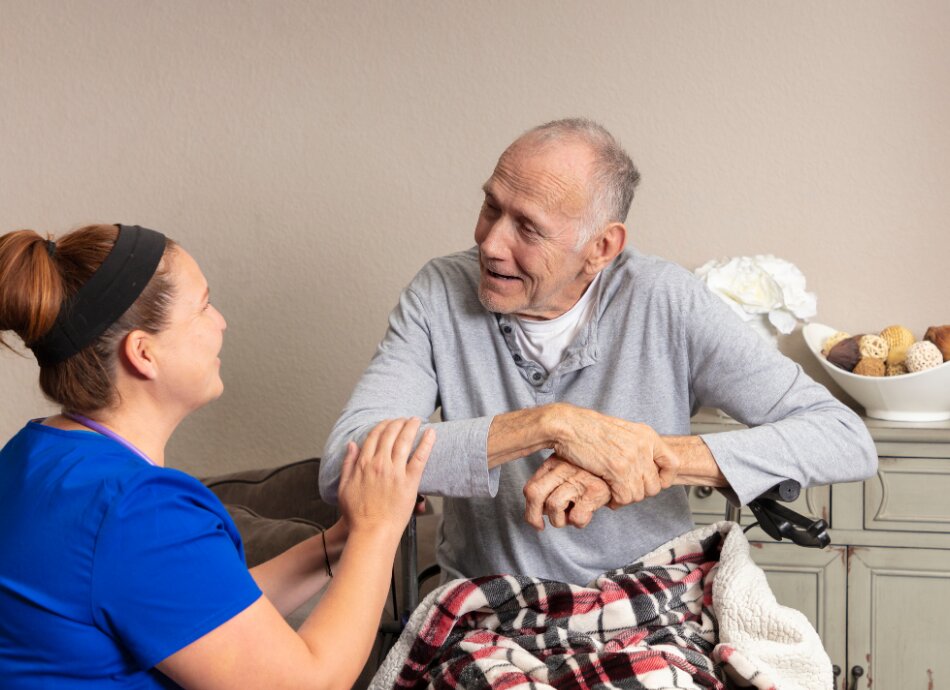Healthcare assistants are non-health professionals or support staff who work collaboratively with the general practice team to meet the needs of the enrolled population, follow policy and procedures, and work under direction and delegation of a registered health professional. To carry out the role safely, the health care assistant must be appropriately trained, supervised and assessed as competent for the role. The healthcare assistant must have the knowledge, skills and understanding to carry out the duties in a caring and compassionate way.
The following table shows some of the common and advanced roles for healthcare assistants.
|
Common roles for healthcare assistants:
|
Advanced roles for healthcare assistants:
|






